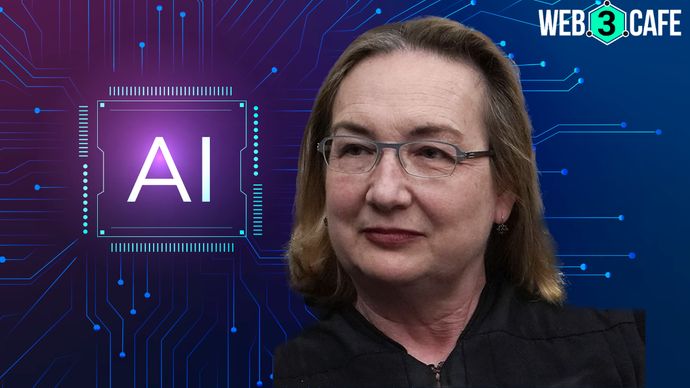AI-generated artwork cannot be flagged for copyright infringement, says US Federal Judge
This ruling is a turning point where copyright law meets AI. The legal consequences of AI in creativity will shape tech-driven intellectual property.

Highlights
- Judge Beryl A. Howell from the U.S. District Court has decided that copyright protection cannot be extended to artwork created by artificial intelligence
- Judge highlighted the necessity of human contribution in the creative process
In a significant legal decision, Judge Beryl A. Howell of the United States District Court has ruled that AI-generated artwork cannot be granted copyright protection. The ruling, which emerged from a lawsuit against the US Copyright Office, centres around an AI-generated image produced by Stephen Thaler using his Creativity Machine algorithm.
Thaler had sought copyright for the image multiple times, attempting to designate himself as the artwork's owner while attributing authorship to the Artificial Intelligence system. The Copyright Office, however, consistently denied his requests.
The European Union previously highlighted the significance of tagging AI-generated material as a means of monitoring it, as evident in its Code of Practice on Online Disinformation. The code underscores the necessity to label deepfakes and other content produced by AI.
Denial backed by lack of Human Authorship
Judge Howell's ruling stems from the principle that copyright has historically been reserved for works created with a ‘guiding human hand.’ She emphasised that the absence of human authorship is a foundational requirement for copyright protection.
Drawing upon precedent cases, such as the famous monkey selfie case, Judge Howell highlighted the necessity of human contribution in the creative process. To contrast, she cited a case where a woman compiled a book based on content she believed was dictated by a supernatural ‘voice,’ deeming it eligible for copyright protection.
Challenges & new frontiers in copyright
Despite her ruling, Judge Howell acknowledged the evolving landscape of copyright in the age of artificial intelligence. As artists increasingly employ AI as a creative tool, she recognised the emergence of complex questions surrounding the extent of human involvement required for AI-generated art to be copyrighted.
She pointed out that AI models often draw from pre-existing works during their training, raising intricate issues about originality and innovation.
Future implications & legal battles
Stephen Thaler intends to appeal the decision, with his attorney Ryan Abbot of Brown Neri Smith & Khan LLP expressing disagreement with the court's interpretation of the Copyright Act. Meanwhile, the US Copyright Office supported the court's ruling, indicating alignment on the matter.
The intersection of US copyright law and AI has spurred a series of legal battles, as seen in the lawsuit involving Sarah Silverman and other authors against OpenAI and Meta, as well as programmer and lawyer Matthew Butterick's allegations of software piracy against Microsoft, GitHub, and OpenAI.
In the ever-evolving realm of copyright law and artificial intelligence, this ruling serves as a pivotal point. As AI continues to shape the creative landscape, the legal ramifications will undoubtedly continue to accumulate, shaping the future of intellectual property in a technology-driven world.
